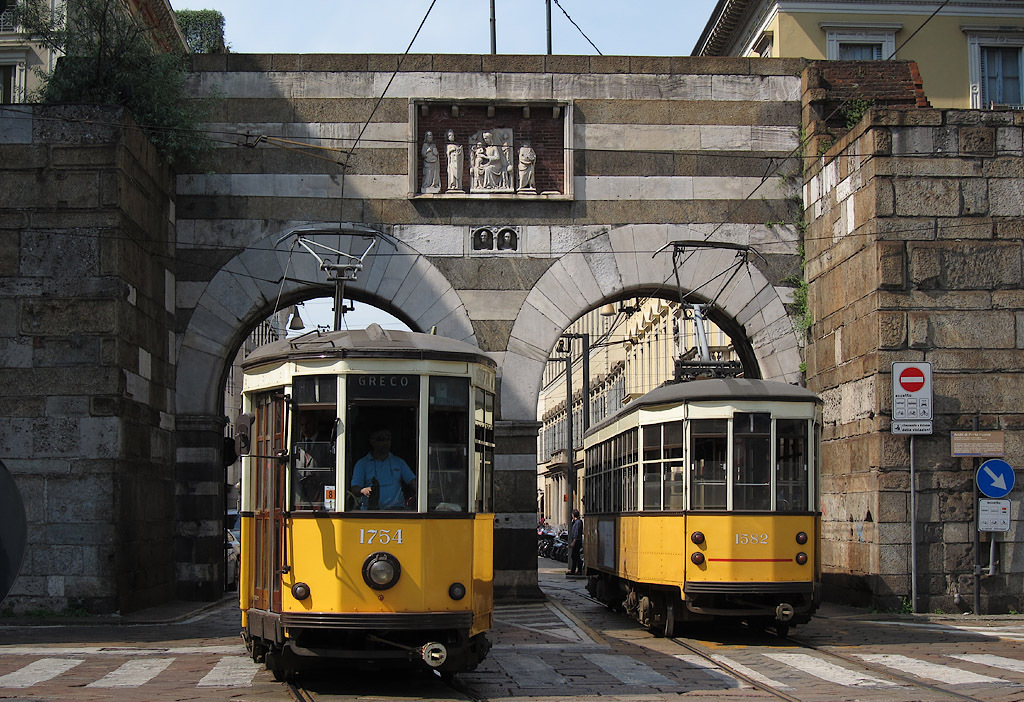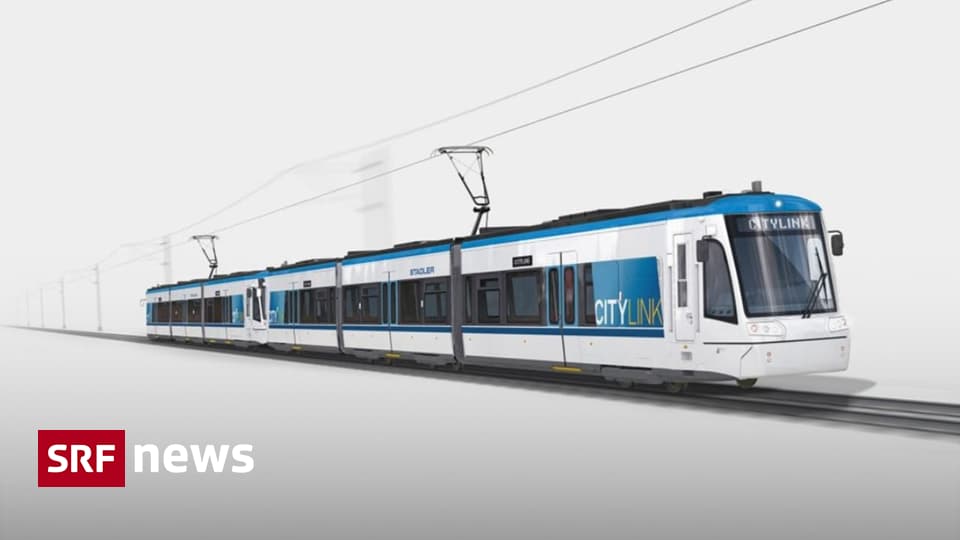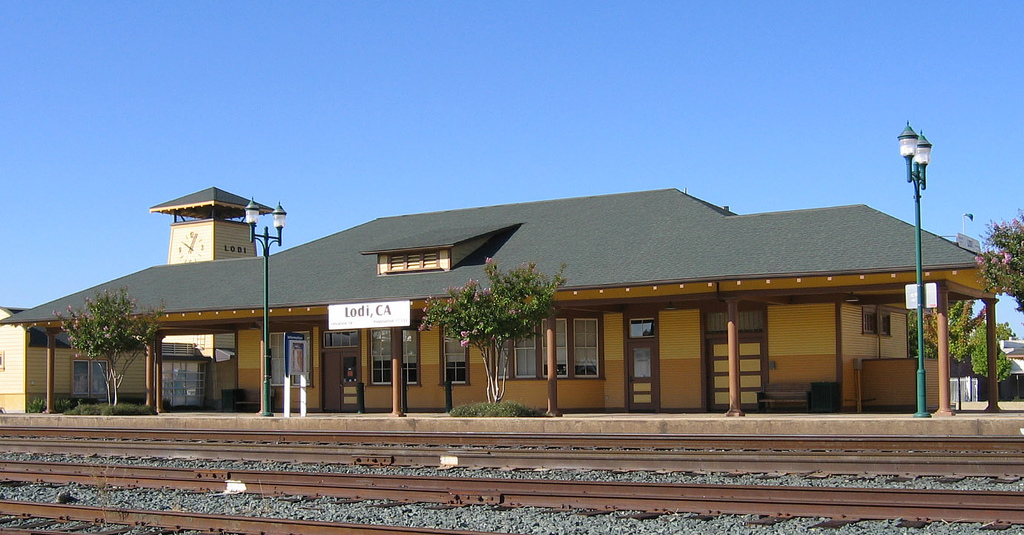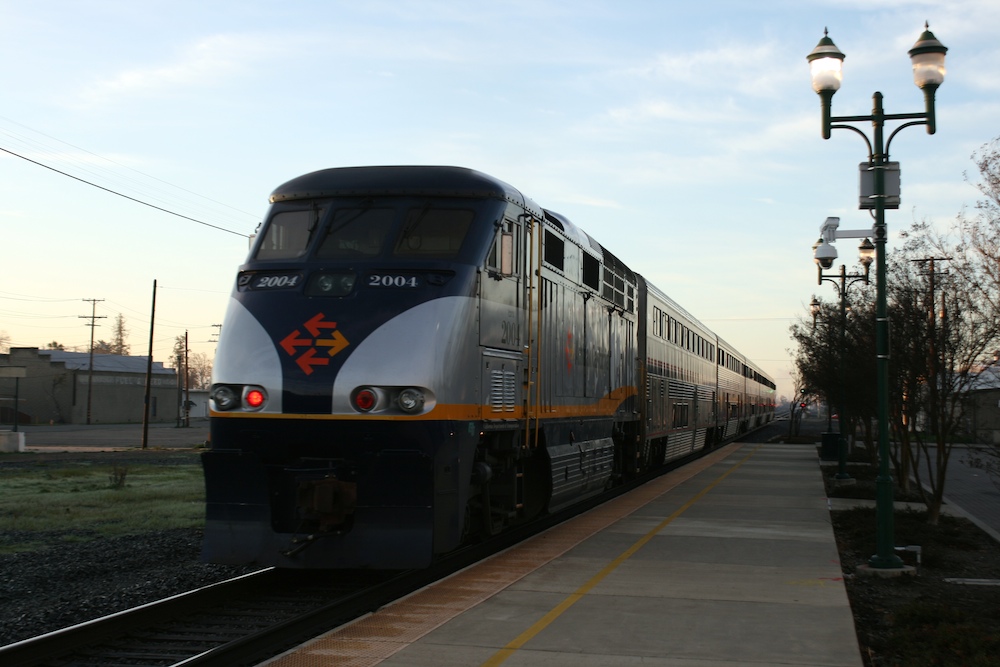Stadler and Azienda Transporti Milanesi S.p.A. (ATM) have signed another framework agreement for the supply of up to 50 TRAMLINK trams for the city of Milan. In a first call-off, ATM has ordered 14 high-capacity vehicles that will be financed with the PNRR (National Recovery and Resilience Plan) fund. The fourteen vehicles will be delivered before 30 June 2026.
The medium-capacity TRAMLINKs are similar to the tramways to be delivered under the framework agreement signed in 2020 and that Stadler is currently manufacturing. They have three modules and are about 25 m long. ATM has already ordered 60 out of the 80 vehicles covered by this framework agreement. The first unit arrived in Milan on 1 December 2022 and, currently, is performing tests on the city’s tram network.
The high-capacity version of the TRAMLINKs is based on the above but features five modules and a length of 35 m. They are bi-directional and have an attractive open interior equipped with two specific areas for wheelchair users. The barrier-free low floor and four doors per side allow passengers to board and alight easily and quickly thus reducing stopping time. In addition, the innovative bogies allow the trams to run smoothly in the narrow curves. This significantly reduces noise to the benefit of passengers and residents.
Particular attention has been paid to the safety of passengers, drivers and pedestrians. The ergonomically designed driver’s cab maximizes the driver’s visibility. Additionally, the TRAMLINK is equipped with an anti- collision device that can intervene when it detects a potential collision situation with pedestrians, cars or other obstacles. No blind spot cameras guarantee the security throughout the whole vehicle. The excellent dynamics as well as the high levels of safety and comfort improve the travel experience.





